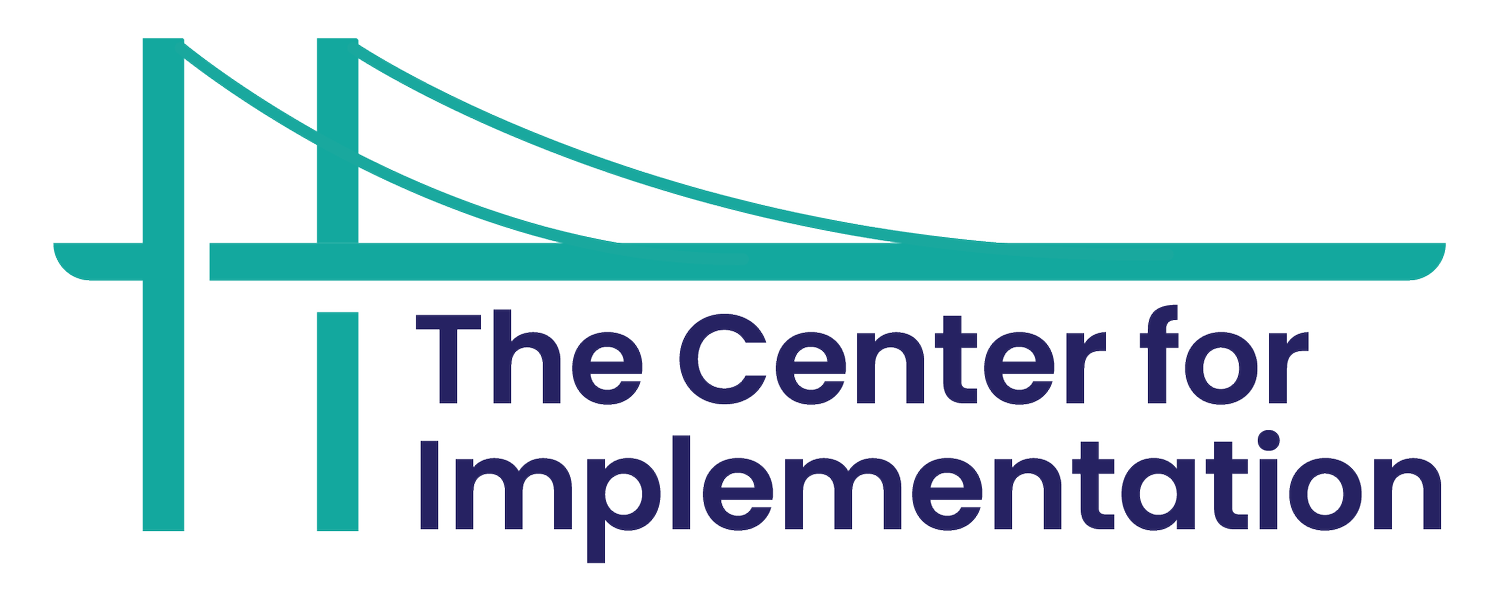Unpacking Implementation Science
Have you looked up implementation science, knowledge translation, knowledge mobilization, or any related terms and gotten overwhelmed and confused?
That is not surprising. This is an interdisciplinary field and there are over 100 acronyms and synonyms for implementation science. Many are interchangeable, while others have multiple definitions according to their contexts. TCI will work with you to clearly define terminology for your purposes and setting.
Why is implementation science important?
Globally we spend over $200 billion on healthcare research and 85% of those research dollars are wasted because the research is never put into practice (Chalmers and Glasziou, 2009). How can this be avoided? Implementation science accelerates the use of evidence in practice, improving outcomes and providing higher value impact.
Are knowledge translation and implementation science the same thing?
In Canada, we often use and encounter the term "knowledge translation" or KT, whereas team members trained in the United States use "implementation science". Therefore, we use both terms, but define them a little differently.
Knowledge translation is an umbrella term that includes both dissemination and implementation. TCI specializes in Implementation.
Dissemination practice refers to the sharing of information, ideally in a bi-directional way. For example, you might be working with patients to co-develop research summaries on mental health stigma. Underlying dissemination practice is dissemination science, the study of the best ways to distribute information. Ideally dissemination practice should be informed by dissemination science.
Implementation practice is the act of using strategies or interventions to support people, organizations, and/or systems to use evidence to change practice. Implementation science is the study of identifying the best ways to put research evidence into practice.
You can think of dissemination and implementation along a spectrum. At one end of the spectrum there is passive dissemination (e.g., publications, conference presentations). More active dissemination efforts include media, social media, and plain language summaries. Dissemination is about increasing awareness and knowledge. We know that dissemination efforts are likely to produce about a 1 - 2% change in outcomes.
Implementation activities exist at the other end of the spectrum. They involve deliberate strategies or interventions designed to change behaviour and outcomes. Implementation plans include dissemination activities, but go beyond awareness and knowledge to address the underlying reasons why people do or do not change.
What are your goals?
At TCI, we apply implementation science to real-world implementation efforts. If you are interested in dissemination practice or science, we can direct you to other experts in the field.
Contact us to book your complementary 30-minute consultation to explore your needs.
